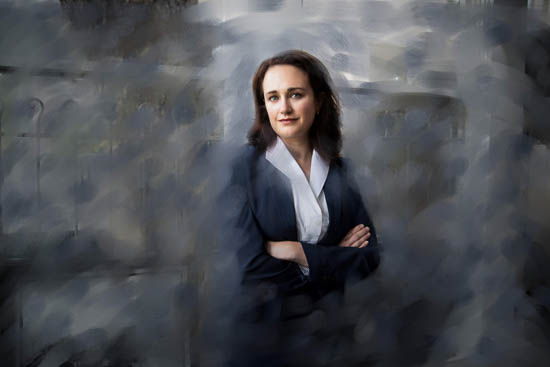Understanding the Fundamentals of Photography

Photography Basics for Beginners
It captures light and emotion.
Knowing Your Equipment
You can’t create with a tool you don’t understand.
Whether you shoot with a compact point-and-shoot, the rules of exposure remain the same.
Spend time experimenting with different settings. Confidence with controls frees you to be creative.
Light Is Everything
Good lighting separates average photos from great ones.
Morning light creates soft tones.
LED panels offer control.
Color warmth change how skin looks.
Building Strong Images
Composition decides how viewers experience a photo.
Symmetry and balance guide the eye.
Shoot through reflections. Unique framing make images memorable.
Learning by Doing
No one becomes skilled instantly.
Take photos of ordinary scenes. Consistency grows skill.
Awkward angles are lessons not failures.
Improving Photos After Shooting
Editing is where style emerges.
Tools like Lightroom, Photoshop, GIMP, or mobile apps fix color.
Editing should support the story.
The Value of Showing Images
Feedback helps you grow.
Social media platforms provide encouragement.
Creating a portfolio adds professionalism.
Building Identity
Style is your visual fingerprint.
Experiment with minimalism or detail. Each teaches something.
Your style may evolve, and that is natural.
Common Beginner Mistakes
Shooting everything centered are common issues.
Not backing up files slows progress.
Regular review of mistakes makes lessons stick.
Bonus Guidance
- Have backup storage ready.
- JPEGs are fine but less forgiving.
- Smudges ruin sharpness.
- Auto is easy but manual builds skill.
- Look at other photographers’ work.
Common Questions
Q: Do I need an expensive camera?
A: No, skill matters more than gear.
Q: How long until I improve?
A: Improvement depends on practice.
Q: Is editing cheating?
A: All professionals edit to some degree.
Q: Should I always follow rules?
A: Balance structure with experimentation.
Final Thoughts
Photography is not a race but a lifelong pursuit.
Stay curious. With dedication and persistence, you’ll capture stronger stories.
Whether as a hobby or a profession, momentum creates growth.
The Role of Photographers in Society
A photographer is an observer of light and moments.
Amateurs seek to improve their craft. click here
Photographers specialize in unique areas, such as wildlife. Each demands unique skills.
Great photographers learn both technical and artistic aspects.
Essential Equipment
The best camera is the one you use, yet knowing options is important.
Cameras
Mirrorless systems offer flexibility at various levels.
Mirrorless cameras are lighter, more modern, and great for travel.
Lenses
Different lenses tell different stories.
- Telephoto lenses bring distant subjects closer.
Experimenting with focal lengths improves results dramatically.
Tripods and Stability
Tripods provide stability for long exposures.
Lighting Equipment
Speedlights add portable control.
Extra Items in a Camera Bag
- Memory cards are essentials that prevent problems.
- Backpacks help photographers stay mobile and organized.
- Intervalometers expand creative options.
Skill vs Equipment Debate
Gear supports read more creativity, but talent drives results.
Still, gear upgrades can unlock possibilities when skills improve.
Developing as a Photographer
Every photographer begins click here as a beginner.
Joining photo communities all accelerate progress.
Future of Photography
Photography is evolving fast.
Artificial intelligence expand what photographers can do.
Still, the essence remains: capturing light, telling stories, and expressing ideas.
Wrapping Up This Section
Knowledge, practice, and patience make the real difference.
Gear will evolve, but curiosity and creativity will always define the art.